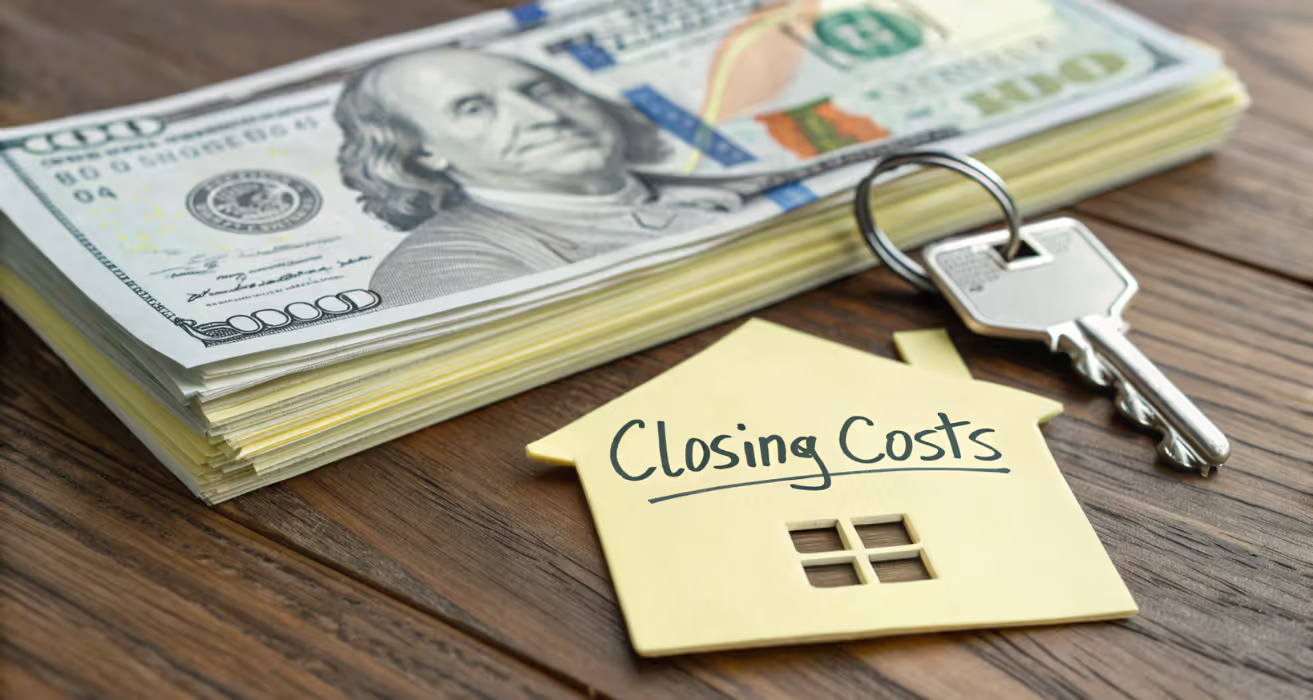Should I Refinance? 7 Clear Signs It's Time to Refinance Your Mortgage

Refinancing can be a game-changer, but only when done for the right reasons. This guide unpacks the 7 key signs it might be time to refinance your mortgage, helping you act with clarity and confidence. We’ll walk through what to consider, how to evaluate your options, and where to turn for commission-free support.
Key Takeaways:
- Refinancing can lower your monthly payment, interest rate, or loan term.
- Changing life circumstances (divorce, kids, job change) may make refi smart.
- Watch out for fees, timelines, and break-even points before acting.
- Know how your credit score and equity impact refi outcomes.
- Learn how to shop rates smartly with transparency and trust.
1. Your Interest Rate is Higher Than Current Market Rates
If your mortgage interest rate is over 1% higher than today’s market average, refinancing could reduce your monthly payments significantly. A lower rate often translates to thousands saved over the life of your loan.
Pro Tip: Use tools like Be My Neighbor to compare live rates across lenders, without triggering a hard credit pull.
2. Your Credit Score Has Improved
A jump in your credit score since you got your original loan can unlock access to better loan terms. If you’ve gone from fair to good or excellent, refinancing could mean a lower rate or fewer fees.
3. You Want to Shorten Your Loan Term
Switching from a 30-year to a 15-year mortgage can reduce your total interest payments dramatically. This move often appeals to homeowners nearing retirement or looking to build equity faster.
Heads Up: Make sure the monthly increase still fits your budget.
4. You Need to Free Up Monthly Cash Flow
Refinancing to a longer term or lower rate can ease your monthly budget without necessarily increasing your long-term costs. Ideal if you’ve had recent financial changes, like job loss or a new baby.
5. You Want to Tap Into Your Home’s Equity
A cash-out refinance can convert equity into usable cash for renovations, debt consolidation, or big expenses. But beware: this restarts your mortgage term and increases your debt load.
6. You Want to Get Rid of Private Mortgage Insurance (PMI)
If your home value has gone up and you now have at least 20% equity, a refinance could eliminate PMI payments. That’s a potential savings of hundreds per month.
7. You Have an Adjustable-Rate Mortgage (ARM) About to Reset
Before your rate jumps, consider locking into a fixed-rate mortgage. Stability might be worth a slightly higher initial payment, especially if rates are trending upward.
Compliance & Mortgage Insights
- SAFE Act Disclosure: NMLS #1743790 (Be My Neighbor)
- Fair Lending Note: This guide is for educational purposes and not a commitment to lend. Loan terms are subject to approval.
- Trigger Terms Reminder: If rate, term, or payment is mentioned, the corresponding APR and terms must be disclosed.
- No VA-Specific Messaging: This post is designed to serve a broad range of borrowers. For VA loans, consult with a VA-approved lender.
- Rate Accuracy: Always reference official rate indexes like Freddie Mac PMMS or CFPB mortgage tools.
Conclusion: Refinance with Confidence
Whether you're hunting for savings, flexibility, or financial peace of mind, refinancing might be your next smart move. Be My Neighbor offers expert guidance and transparency. But for borrowers looking to skip commissions and buy smarter, realpha stands out as a commission-free homebuying platform built for savvy homeowners.
Ready to explore your options? Compare your refinance potential today, transparently, affordably, and 100% compliant.
FAQs
How do I know if refinancing is worth it?
Calculate your break-even point, the time it takes for savings to outweigh closing costs. If you plan to stay longer than that, it’s likely worth it.
Will refinancing hurt my credit?
A hard inquiry may cause a small temporary dip, but the long-term impact is often neutral or positive.
What credit score do I need to refinance?
Most lenders prefer 620+, but better rates are available for scores 740 and up.
Are there refinancing fees?
Yes, closing costs typically range from 2-5% of your loan amount. Shop around for the best terms.
Can I refinance with little equity?
Possibly. Some loan types allow streamlined refinancing or special programs for low-equity borrowers.
How long does refinancing take?
30-45 days is typical, depending on your lender and loan type.
For full transparency and zero-pressure advice, visit Be My Neighbor or realpha today.
This article is provided for educational purposes and does not constitute financial or legal advice. All mortgage-related products are subject to credit approval and property eligibility. Licensing information: NMLS #1743790. Equal Housing Lender.


.avif)
.avif)
.avif)
.avif)
.avif)
.avif)
.avif)
.avif)
.avif)
.avif)
.avif)
.avif)
.avif)
.avif)
.avif)
.avif)
.avif)
.avif)
.avif)
.avif)
.avif)
.avif)
.avif)

.avif)

.avif)
.avif)
.avif)
.avif)
.avif)
.avif)


.avif)

.avif)




.avif)
.avif)
.avif)
.avif)
.avif)
.avif)
.avif)
.avif)
.avif)
.avif)
.avif)
.avif)
.avif)
.avif)
.avif)
.avif)



